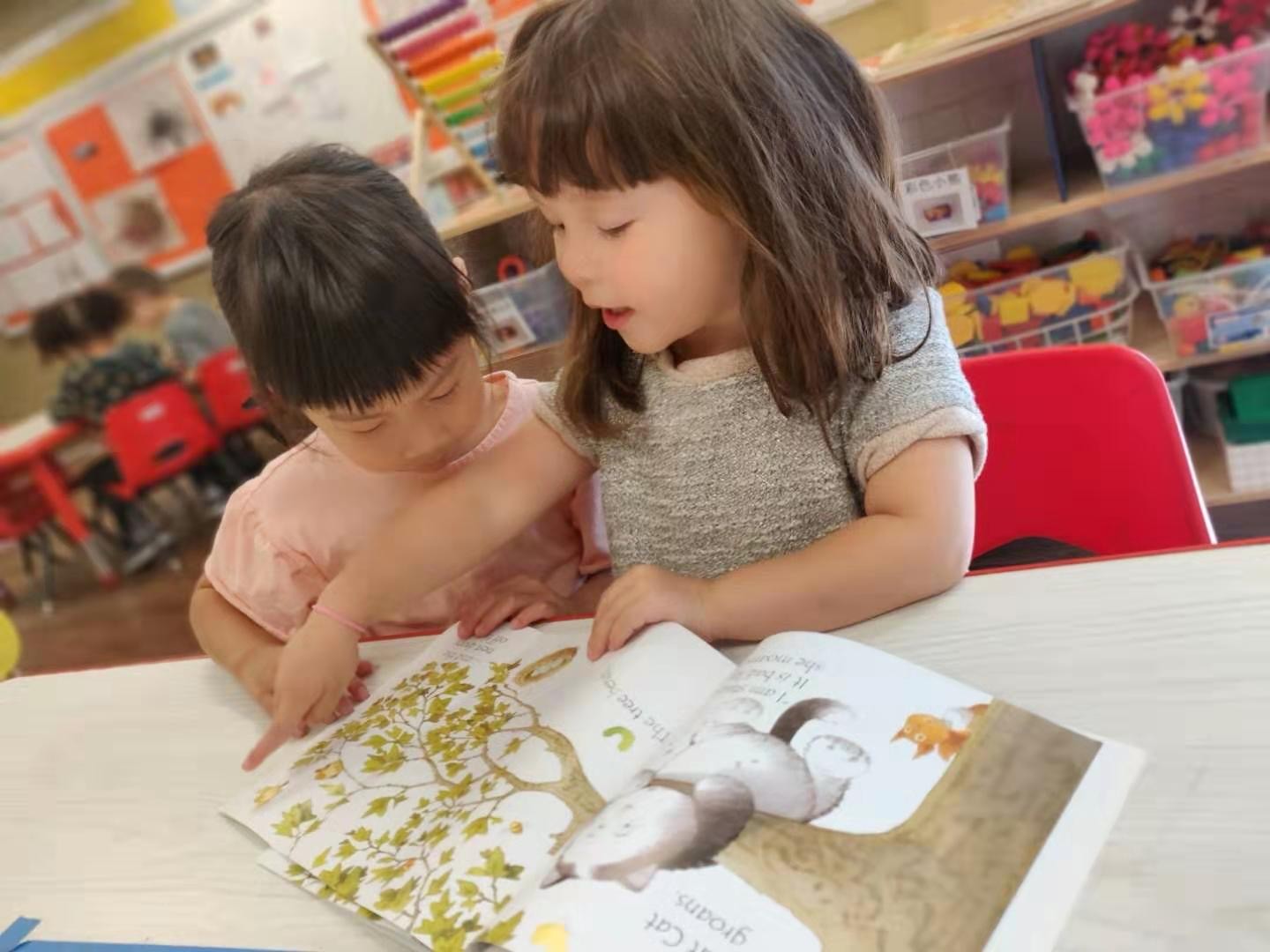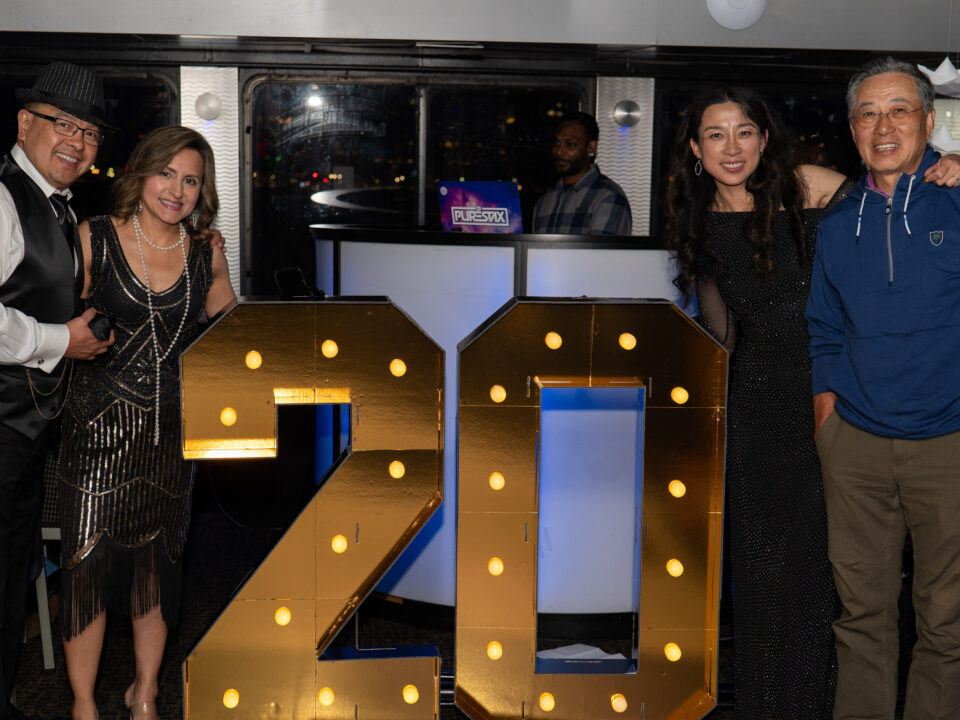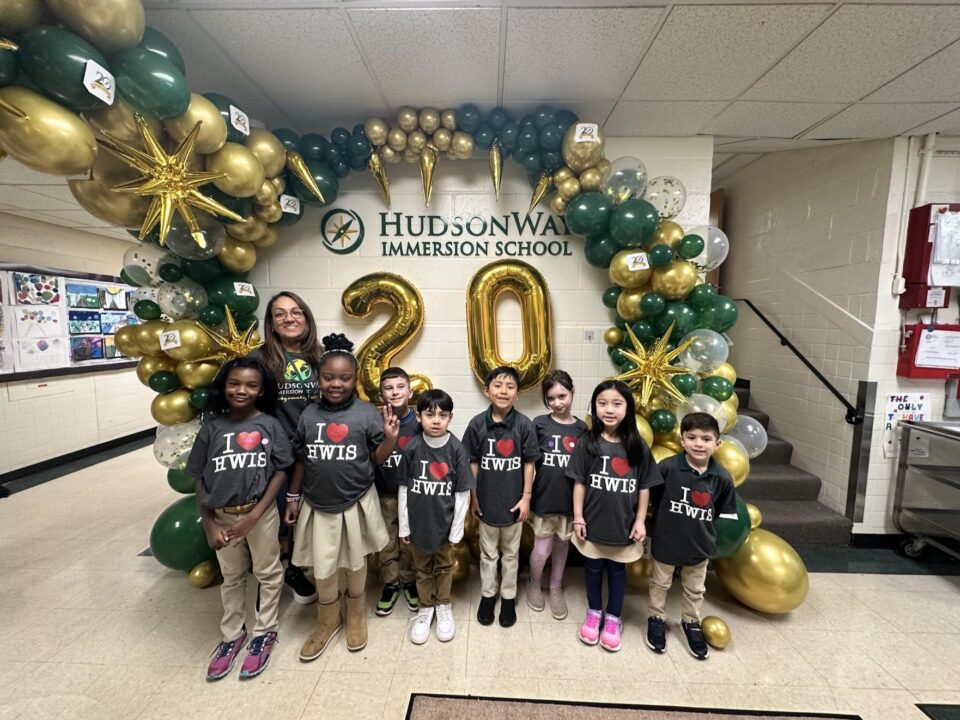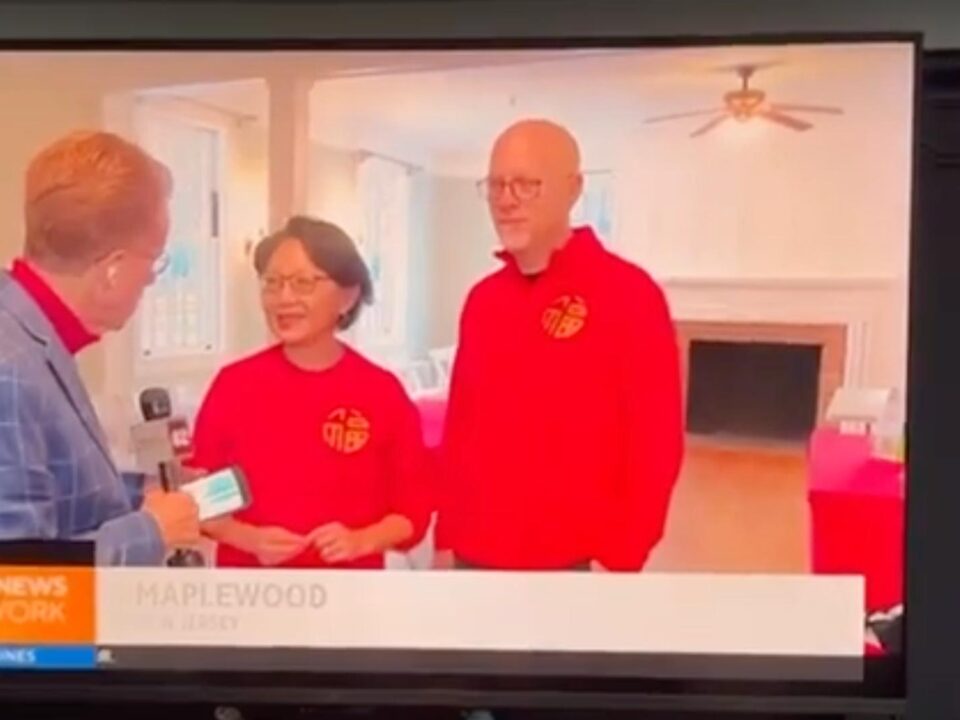
Kaitlyn Chee
July 1, 2020
10 Tips to Improving your Child’s Bilingual Skills this Summer
July 3, 2020What is your background and upbringing?
I’ve been fortunate to have a global background. Born in the UK to “Mediterranean” parents, we moved to Italy before settling in Chappaqua, NY in middle school. Other than a brief stint in Russia (actually the Soviet Union, just to date myself), my subsequent education was at Columbia University (BS in engineering and MBA). My career in finance took me to London and the Arabian Gulf in addition to NYC. Now I’m settled in London with my 10 year old twins, who also enjoyed a worldly perspective. But you’ll often find me in New York, especially after the HWIS investment.
How did you come into wanting to invest in education and how long have you been at it?
It’s almost been a decade of investing in the education, which actually makes me one of the more experienced finance professionals in the sector. Historically, there has been few opportunities to invest in education and, candidly, the sector hasn’t really changed in 100+ years. While the sector won’t be disrupted by technology (the limitation of online education became clear during the COVID19 lockdown), it does need to become more relevant in a global, ever-changing world.
What are some of the interesting schools you’ve seen and trends you are seeing in international education?
Thankfully, many schools are trying to adapt to the modern world, which has come in many forms. Among the more established curriculum, the International Baccalaureate, known for its global focus, is becoming more accepted, especially in the US. For-profit schools focused on the emerging middle class in emerging markets are democracizing the elite stigma of private schools. In early education, “forest schools”, where children spend the day (regardless of weather!) in nature, are gaining popularity. Unfortunately, some schools are victims of their past century of success – they have no incentive to change. But the main theme progressive schools are pursuing, albeit in different formats, is the attainment of life-skills and social emotional development. Google will always be smarter, so why focus on facts?
What did you see in HWIS that made you interested in becoming involved in helping it grow?
HWIS is a unique school. I have never seen a one that best prepares a child for the opaqueness of the future world. The pure immersion curriculum is one that is exceedingly difficult to implement, but the benefits of doing so are significant. Students implicitly develop their cultural awareness, cognitive and executive skills, social-emotional capabilities and, of course, foreign language fluency. And the proof is in the hard facts: [70%] are admitted to their top choice ex-mission school, 100% test as gifted if enrolled at HWIS for 4+ years, 6:1 student to teacher ratio; and significantly higher standardized test scores than other private schools.
How would you compare HWIS to many of the other top-tier independent schools?
Even though HWIS is the oldest immersion school in the Tri-State area, it does not have the brand name of the top 10 independent schools in the area. Therefore, it cannot rest on its laurels and has to continually innovate and deliver greater value-add to children and parents: a superior education, as supported by published statistics, at a reasonable price.




